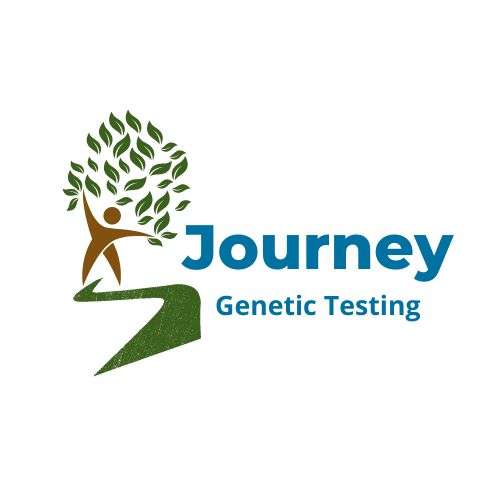Paternity Testing
Paternity Testing – What It Is
A paternity test is scientific method that is meant to determine if a man is the biological father of a child. The process generally involves collecting a mouth swab DNA sample from both the child and the man who is the possible father. The man who is testing is referred to in both the test and in the final report as the “alleged” father. There are sometimes cases where the sample from the biological mother is also collected, although this is usually only done when the report is needed for legal reasons.
A mother’s DNA specimen is not generally needed for a standard non-legal paternity test.
Different Types Of Paternity Testing
Depending on your situation, and your reason, for wanting to do a direct paternity test, you have three options to choose from:
Home Paternity Test
This test is also referred to as a peace-of-mind, private, or curiosity paternity test. Usually the alleged father and child have a paternity test kit sent to them by mail, which contains the mouth swabs for the DNA collection. Drugstores may also carry paternity test kits, however we would encourage you to read the article on drugstore DNA kits before purchasing on of those. Since these are not supposed to be used in court, you can generally not use your real name is you need additional privacy. If a home paternity test requires consent forms, you may want to reconsider if privacy is important to you.
Legally Admissible Paternity Test
These are also called a Court Ready Paternity Test or a Chain of Custody DNA Paternity Test.
With a legal paternity test it can only be court admissible if the DNA samples are collected by an authorized and trained DNA specimen collector that does not know the people he is collecting the sample from. The test should also be done in an AABB accredited laboratory. You should check to see if your state allows you to order this type of test without involving an attorney or having a doctor’s order.

Prenatal Paternity Test
This test is offered from 7 weeks gestation. Depending on the prenatal paternity test, it can be done either as a private test, or as a chain of custody test. Court admissibility of these test results are not automatic as the child (fetus) cannot be clearly identified. It is suggested that if you want to have a prenatal test for court that you check with a legal professional in your state prior to proceeding with the test.
There are three types of tests available; a non-invasive test usually called a NIPP, a CVS test, and an amniocentesis test.
- A Non-Invasive Prenatal Paternity TestNIPP test (abbreviated for non-invasive prenatal paternity) test requires a small blood sample from the biological mother. The alleged father’s DNA sample is a buccal mouth swab. The fetal DNA is naturally found in the mother’s blood, and is usually able to separated from the mother’s DNA after 7 weeks after gestation. This test cannot be done prior to this time frame with any degree of accuracy. The non-invasive test poses no risk, other than the standard risk to the mother of having her blood taken.
- A CVS (abbreviated for Chorionic Villus Sampling) test involves removing a small sample of cells from the placenta and requires a mouth swab sample from the mother and alleged father. The earliest this type of test can be taken is 10 weeks after gestation. The CVS test poses a risk of miscarriage.
- The third type of prenatal test is Amniocentesis. This process is not done until 16 weeks gestation when the procedure can take place. Amniocentesis involves extracting a small amount of amniotic fluid from the sac surrounding the fetus, and a mouth swab from the mother and alleged father is required. The amniocentesis test poses a risk of miscarriage.
If You Need A Paternity Test But The Alleged Father Is Not Available
In cases where the alleged father is not available for testing, there are several options. All of these other DNA tests can be done for private knowledge or for court with a chain of custody.
- The father’s parents can be tested to determine a biological relationship in a grandparent DNA test.
- The children of a possible father can do a sibling DNA test. If they both have the same mother, it would be a full sibling test. If they have different mother’s they would do a half sibling DNA test.
- The other possibility is to test a child, or children, with a full brother or sister of the suspected father, This is called an avuncular DNA test, and is referred to as a aunt or uncle DNA test.
If you are still unsure whether you need a home or legal paternity test, please get in touch with our team at 1-855-362-5224. We will gladly provide you with a free genetic consultation to share your options.

